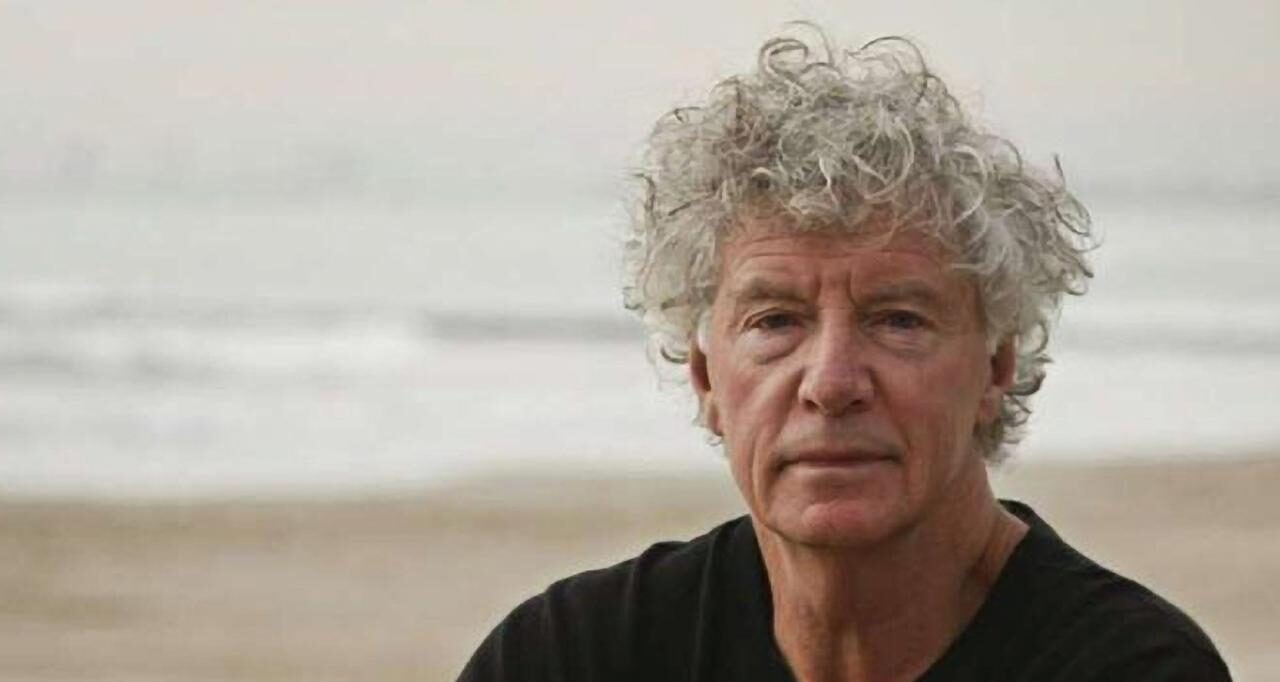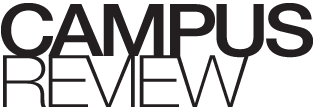Top StoriesWorkforce
Doxxing accusation amid University of Sydney anti-Semitism warnings

The University of Sydney is facing its second anti-Semitism crisis in as many days, as a leading Jewish group accuses one of its professors of putting out the names of dozens of Jewish colleagues on social media.
Please login below to view content or subscribe now.





